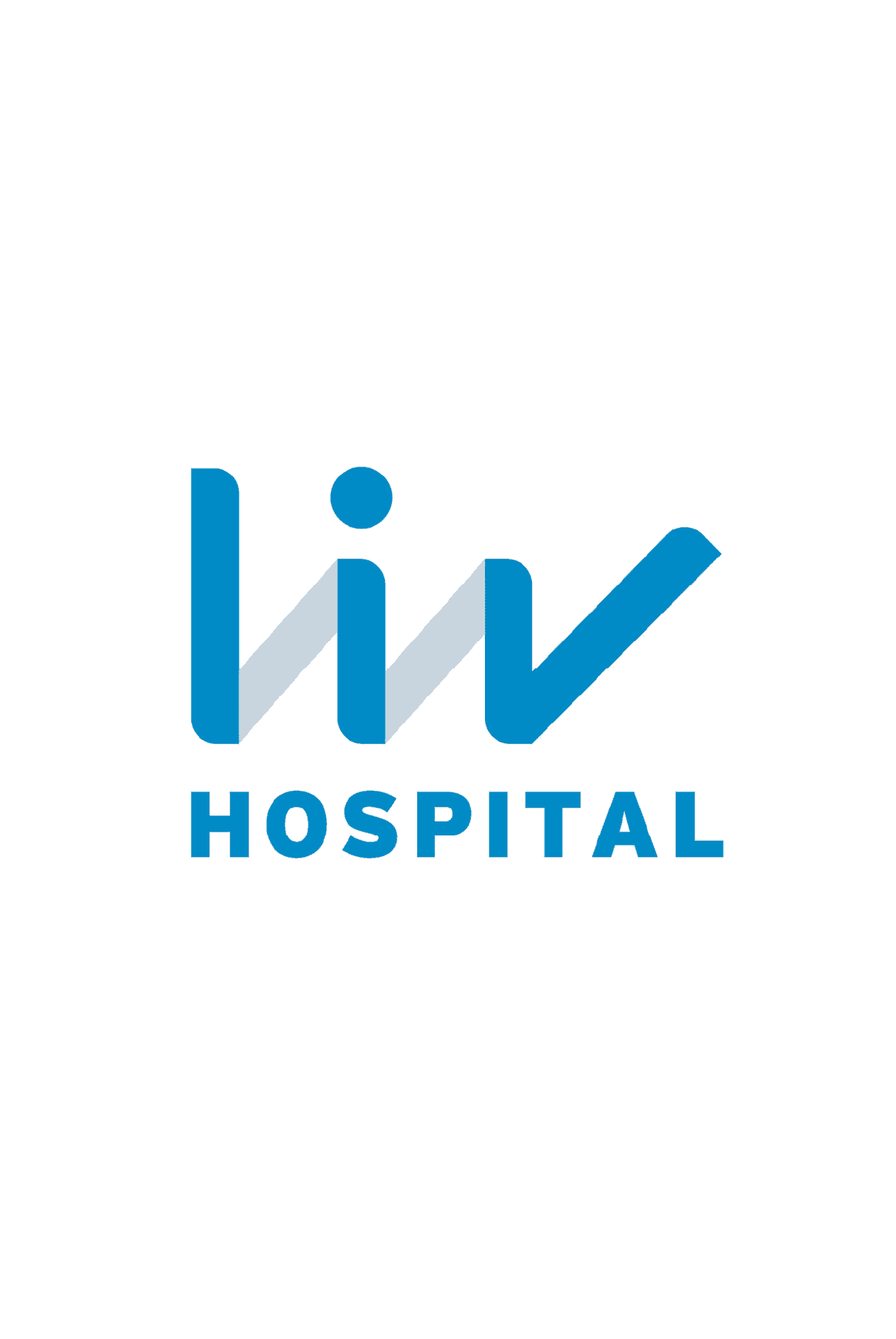What Is a Genetic Disease?
Your genes can influence health in many ways. At our clinic, we help patients understand inherited risks, choose the right genetic testing, and build clear prevention and treatment plans. From common genetically inherited diseases to rare genetic diseases, our team offers compassionate, practical guidance.

A genetic disease is a condition caused in whole or in part by changes (variants) in DNA. Some are single‐gene disorders (such as sickle cell disease or Huntington’s disease), while others are multifactorial genetic diseases influenced by genes plus environment (such as heart disease, some cancers, and type 2 diabetes). Knowing your family history and considering genetic testing can help detect risks earlier and improve outcomes.
What Diseases Can Be Detected Through Genetic Testing?
Genetic testing for disease can identify or clarify:
Cancer risk: hereditary breast/ovarian (BRCA1/2), Lynch syndrome, and other hereditary cancer syndromes. Testing choices depend on your symptoms, family history, and goals. Our genetic counseling team recommends targeted tests or panels and explains what the results mean for you and your family.
Blood disorders: sickle cell disease, thalassemias, von Willebrand disease, hemophilia.
Metabolic conditions: PKU genetic disease, MCAD genetic disease, MMA genetic disease.
Neurologic conditions: Huntington’s disease genetics, SMA genetic disease, NF genetic disease, ALS (familial forms).
Cardiac risks: familial hypercholesterolemia (high cholesterol genetic disease), inherited cardiomyopathies/arrhythmias; heart disease genetic test options.
Autoimmune/inflammatory risks: celiac disease genetic testing; selected panels for autoimmune diseases.

When inherited or rare genetic conditions are suspected, you deserve more than guesswork — a clear explanation of what we’re testing for, why it matters, and how the results will guide your care.
Are Autoimmune Diseases Genetic?
Autoimmune diseases have a genetic predisposition, but environment, hormones, and infections also play roles. A family history can raise risk, yet genes alone do not determine who develops conditions like lupus, rheumatoid arthritis, or Hashimoto’s disease.
Is Heart Disease Genetic?
Heart disease often has a genetic component. Examples include familial hypercholesterolemia (very high LDL from youth) and inherited cardiomyopathies or arrhythmias. A heart disease genetic test can guide treatment, statin use, and family screening. Even when genes play a role, lifestyle and medical care significantly reduce risk.
Is Parkinson’s Disease Genetic?
Most Parkinson’s cases are not directly inherited, but certain variants can increase risk especially with early onset or multiple affected relatives. Genetic testing for Parkinson’s disease may be considered after counseling. Results can inform family planning and, in some cases, eligibility for research or targeted therapies.
Is Celiac Disease Genetic?
Celiac disease susceptibility is linked to HLA‐DQ2/DQ8. Genetic testing for celiac disease can help rule out risk in relatives, but diagnosis relies on blood tests and sometimes a biopsy. If you have persistent digestive symptoms or a family history, ask about testing.
Is Alzheimer’s Disease Genetic?

Rare early onset familial Alzheimer’s is strongly inherited. Most late onset Alzheimer’s involves risk genes plus lifestyle. Alzheimer’s disease genetic testing is considered mainly in families with early onset. For most people, risk reduction focuses on blood pressure, diabetes control, sleep, exercise, and cognitive engagement.
Is Cancer a Genetic Disease?
Cancer usually arises from acquired mutations over time. However, some people inherit variants that increase risk (e.g., BRCA1/2, Lynch syndrome). If you have multiple relatives with early cancers, talk to us about genetic testing for cancer risk. Positive results can guide earlier screening and prevention strategies.
Is Diabetes a Genetic Disease?

Type 2 diabetes has a genetic component but is strongly influenced by lifestyle. Type 1 diabetes involves autoimmune causes with genetic susceptibility. Certain rare forms (MODY) are directly genetic and may change treatment choices.
Is ADHD a Genetic Disease?
ADHD has a strong genetic contribution, but it is not solely determined by genes. Environment and neurodevelopmental factors also play roles. Evaluation is clinical; genetics informs risk, not diagnosis.
Is Crohn’s Disease Genetic?
Genes increase susceptibility, but Crohn’s disease is multifactorial. Family history raises risk; environment and immune factors are important. Genetic results can support risk assessment and family counseling.
Common and Rare Genetic Diseases
- Common or multifactorial conditions with genetic components: familial hypercholesterolemia (high cholesterol genetic disease), certain autoimmune diseases, some forms of diabetes, and asthma.
- Rare genetic diseases: progeria, FOP, SMA, PKU, MCAD, MMA, NF, Tay‐Sachs disease. We create care pathways including confirmatory testing, treatment planning, specialty referrals, and ongoing support.
Carrier Screening and Genetic Testing During Pregnancy
Preconception and prenatal genetic disease testing can identify whether parents carry variants for conditions like cystic fibrosis, SMA, and Tay‐Sachs. We also coordinate NIPT and diagnostic options (CVS/amniocentesis) when indicated. Early knowledge supports informed choices and newborn planning.
Jewish Genetic Diseases: Why Targeted Screening Matters
Ashkenazi Jewish genetic diseases (including Tay‐Sachs and others) are more prevalent in certain communities. Targeted carrier screening before or during pregnancy is recommended. Our team provides culturally sensitive counseling and clear next steps.
When to See a Genetic Specialist
Consider an appointment if you have:
- A strong family history of early heart disease, cancer, neurologic disorders, or rare conditions
- Unexplained high cholesterol at a young age
- Recurrent miscarriages or concerns during pregnancy
- A known genetic variant in the family
- Persistent symptoms suggestive of inherited metabolic or blood disorders
How Genetic Counseling Works

- Pre‐test counseling: discuss goals, benefits/limits, and the right test (single gene vs panel).
- Testing: simple blood or saliva sample; insurance and pricing explained upfront.
- Results and plan: clear interpretation, prevention or treatment options, and guidance for family
screening when appropriate.
For more information about our academic and training initiatives, visit Liv Hospital Academy.
Frequently Asked Questions for General Diseases
Is periodontal or gum disease genetic?
Genetics influences susceptibility, but oral hygiene, smoking, and diabetes are major factors. Good dental care reduces risk.
Can a genetic disease be cured?
Many conditions are manageable; some have curative options (e.g., certain transplants, emerging gene therapies). Early detection improves outcomes.
How accurate is genetic testing?
Laboratory accuracy is high; clinical interpretation depends on the condition. Some results indicate risk, not certainty. Professional counseling is essential.
When should I consider genetic testing?
Strong family history of early cancers or heart disease, a known familial variant, suggestive symptoms, unexplained high cholesterol at a young age, or pregnancy planning.
What diseases can be detected through genetic testing in adults?
Hereditary cancers, cardiomyopathies/arrhythmias, familial hypercholesterolemia, celiac susceptibility, and certain neurologic/metabolic conditions based on personal and family history.
What diseases can be detected through genetic testing during pregnancy?
Carrier screening (cystic fibrosis, SMA, Tay‐Sachs), NIPT for chromosomal conditions, and diagnostic tests (CVS/amniocentesis) when indicated.
How does a person get a genetic disease?
Inherited from parents or due to new variants in egg/sperm or early development.



